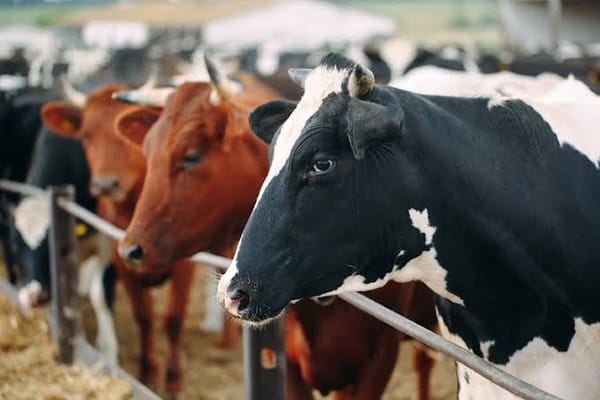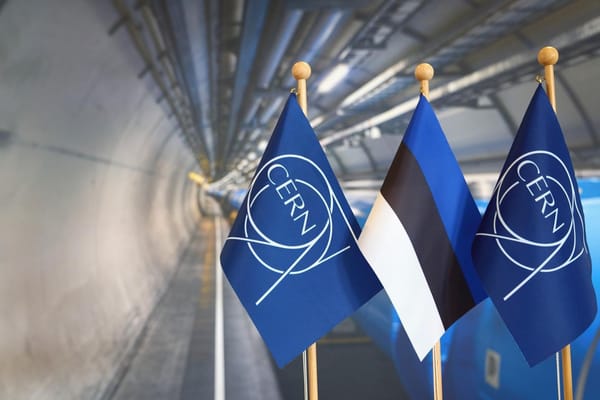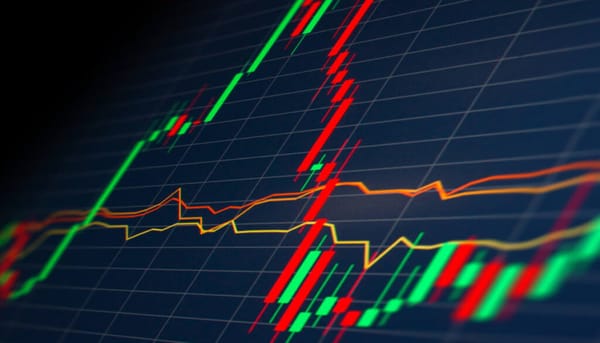
Nord Stream 2 cements Russian dominance of European energy market
The contentious Nord Stream 2 natural gas pipeline will commence gas transits from Russia to Europe next month, according to the Russian state-owned Gazprom. This massive infrastructure development will not only impact European energy supplies, but could also have geopolitical effects.
After years of debate and delay, the final sections of the Nord Stream 2 were finally welded together in early September. The two parallel pipelines of Nord Stream 2, each with a capacity of 27.5 billion cubic metres, now stretch 1,200 kilometres from the Russian Baltic coast to the German port of Greifswald.
While the pipeline itself is wholly owned by Russia’s Gazprom, five investor companies – Shell, Wintershall, Engie, E. ON, and OMV – all hold a 10% stake in the project. The EUR 10 billion (USD 12 billion) infrastructure doubles Russia’s transit capacity to Germany. Since the project was initially announced in 2015, and throughout its construction period of 2018-21, Nord Stream 2 has raised geopolitical concerns. European policymakers have questioned its compatibility with EU law, as well as Europe’s stated commitment to its own internal energy market.
Originally scheduled for completion in December 2019, sanctions during the Trump administration helped delay its launch for nearly two years. From now on, however, Europe’s energy supply will be ever more dependent on its geopolitical rival Russia. Washington fears that Moscow could weaponise Nord Stream 2, and has sought assurances from Berlin on the German approach to this eventuality. Ukraine also opposed Nord Stream 2, which will deprive it of billions of euros in transit fees. President Volodymyr Zelenskyy has called the pipeline “a dangerous geopolitical weapon of the Kremlin”. Other dissenting parties have included Poland and the Baltic States.
As Russian energy exports to China and the Far East have increased significantly over the last decade, Moscow is now less dependent on the European energy market, said András Deák, a senior research fellow at the Institute for Strategic and Defense Studies. This has allowed Russia to accept the political conflicts with Europe that Nord Stream 2 entails, he added.

The EU gas market could face a shortfall of 110 billion cubic meters in the next five years, due to less gas production in the Netherlands and Norway, and declining imports from North African. Nord Stream 2 will address half this shortfall, and could avert price rises of 8-12%.
In August a regional German court ruled that Russia must share operation of the pipeline with an independent third party to comply with EU regulations on energy monopolies. Gazprom must also auction half of its usage capacity to its European competitors.
Numerous Central and Eastern European EU member states remain unconvinced that Nord Stream 2 is a commercial project and not a geopolitical weapon. Poland, Estonia, Latvia and Lithuania say the pipeline will facilitate aggressive geopolitical behavior from Russia. Polish energy regulators say Nord Stream 2 threatens the country’s domestic gas markets and future expansion. Slovakia meanwhile fears that Gazprom will use Nord Stream 2 to renegotiate two supply contracts that run until 2028.
The view from the Czech Republic is more mixed, as its Gazela pipeline transits gas to Bavaria via Nord Stream 1 and the country could similarly benefit from Nord Stream 2. Hungary has not expressed foreign policy concerns over Nord Stream 2 but sees it as potential counterbalance to the so-called Southern Gas Corridor pipeline, a project Hungary supports. The capacity of South-Corridor is currently less than a third of that of Nord Stream 2, but has symbolic significance, transiting gas from Russia under the Black Sea to Turkey, Bulgaria and Serbia.
The completion of Nord Stream 2 is a significant milestone for Central and Eastern Europe, as it ensures that Russian supplies will remain dominant and Ukraine’s strategic role will continue to decline. Nevertheless, Hungary considers Nord Stream 2 another access point for gas supply and as such an opportunity for energy-supply diversification.





